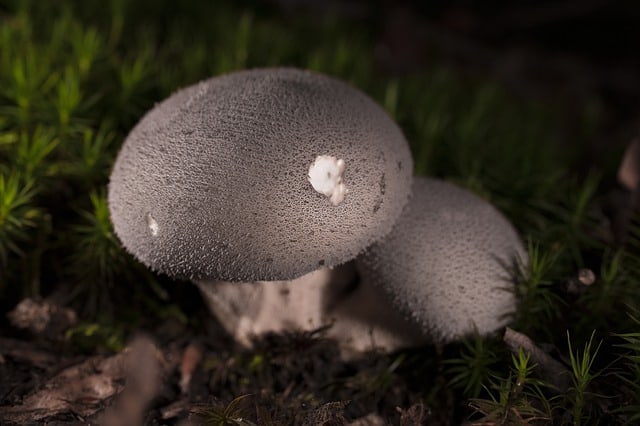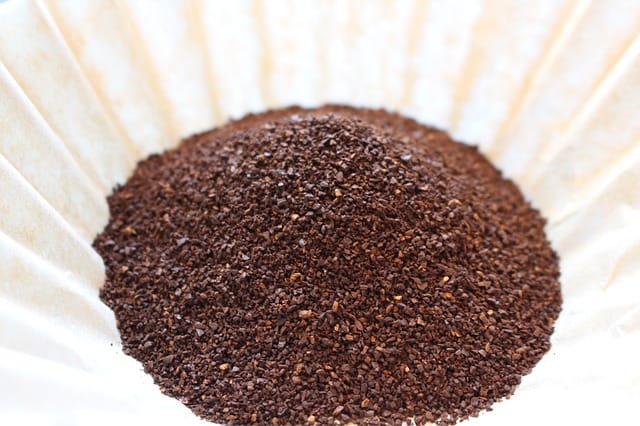Wild ginseng is valuable because many believe it has healing properties. Additionally, the root takes years to mature to an age where it can be harvested, and it only grows in certain areas, so it can take a lot of work to harvest ginseng.
This low supply combined with demand in people looking for its health benefits means that this root can be expensive to purchase. It can also be difficult to find in many areas of the United States and the world.
What is Ginseng?
Ginseng is the root of plants in the Panax genus. There are many varieties, including Korean ginseng, South Chinese ginseng, and American ginseng.
The ginseng root looks similar to a ginger root. The roots are thick and fleshy, and many people use the roots in teas or herbal supplements.
What are the Health Benefits of Ginseng?
Chinese medicine has long touted ginseng’s healing properties. Many people believe that it can help improve your overall health or be used to treat certain illnesses.
Traditional Chinese medicine suggests that taking ginseng can increase your qi or energy. As a result, taking ginseng would increase your power, life, appetite, blood volume, and more. It is used to fight weakness and anemia.
According to Medical News Today, some of the perceived health benefits in Western medicine of ginseng are:
- Better energy- People have taken ginseng to treat chronic fatigue or fatigue caused by diseases like cancer.
- Anti-Inflammatory properties- Some people believe that ginseng can help fight inflammation.
- Increased mental power- Studies have been done to see if ginseng can improve cognitive function. Some studies have suggested that ginseng can even help improve the cognitive power of patients with Alzheimer’s disease.
- Increased Sexual Function- Recent studies have examined whether taking ginseng can help treat erectile dysfunction. While some of the studies have been promising, more research on this subject is needed.
- Anti-viral properties- Scientists are currently researching whether some of the perceived anti-viral properties of ginseng could be used to prevent and/or treat the flu and other viruses, like the common cold virus.
- Lower Blood Sugar- Recent work has suggested that taking ginseng can help lower blood sugar. Others believe ginseng can help people manage their diabetes.
Is Growing Ginseng Illegal?
In general, growing ginseng is legal. There are, however, many rules in the United States about proper harvesting of ginseng.
It is illegal to harvest wild ginseng in many states. That adds to its high cost.
Wild ginseng is rare, so many states regulate how and when it can be harvested. States that allow you to harvest ginseng in the wild are:
- Arkansas
- Georgia
- Illinois
- Iowa
- Indiana
- Kentucky
- Maryland
- Missouri
- New York
- North Carolina
- Ohio
- Pennsylvania
- Tennessee
- Vermont
- Virginia
- West Virginia
- Wisconsin
In other states, you are allowed to harvest ginseng, but only if it has been artificially added to an area. This means you can plant ginseng on your property and let it spread and harvest it.
States that allow harvesting of artificially propagated ginseng are:
- Idaho
- Maine
- Michigan
- Washington
What Rules Apply to Harvesting Ginseng?
To ensure that there is enough ginseng, there are several rules you must follow when harvesting the root in the United States, including where you can harvest and when.
The root must be at least five years old. You can tell the age of the root by looking at the bud scars on the top of the root.
Check your local state regulations to find when it is “ginseng” season, and you can harvest the root.
Many states require licenses for harvesting ginseng.
Is it Difficult to Grow Ginseng?
It is not difficult to grow ginseng, but if you want to use it or sell it, you should know that it takes patience. It takes about 5 years for a ginseng root to be ready to harvest, and harvesting the root will end the plant’s life.
This means every time you harvest your ginseng root you will need to plant more. This makes the process lengthy and valuable.
How Much Money is Wild Ginseng Worth?
Wild ginseng is worth around $550 per pound when it is dried. It is worth around $150-160 per pound when fresh.
How Do You Make Ginseng Tea?
You can make ginseng tea with ginseng teabags or you can add dried ginseng tea.
You make ginseng tea by adding 1-2 teaspoons of dried ginseng to a cup of boiling water. Let the tea steep for approximately 5 minutes, and then remove the teabag or remaining ginseng.
You can add honey, ginger, or sugar to the tea if you want to make it sweeter or enhance the flavor.
What Does Ginseng Tea Taste Like?
Ginseng tea has an earthy, somewhat bitter flavor. The taste is sharp with a strong aftertaste.
Why is Ginseng in Energy Drinks?
Ginseng is included in many energy drinks like Monster because some believe it can help fight fatigue and increase energy.
One can of Monster Energy uses about 82 milligrams of Ginseng.
Does Ginseng Contain Caffeine?
Ginseng does not contain caffeine, though the two substances can have similar effects.
Caffeine primarily affects the cardiovascular and the nervous system, helping you feel more awake. Ginseng affects the cholinergic system, which helps with vigilance, memory, and the sleep cycle.
What Are the Side Effects of Taking Ginseng?
Many of the side effects of ginseng are similar to the side effects of caffeine. They include headache, diarrhea, insomnia, and rapid heartbeat.
Not everyone who takes ginseng will experience all of these side effects, but these are the most commonly reported effects of ginseng.
Can Women Take Ginseng?
Women can take ginseng. It has been shown to improve sexual function in men, but that does not mean it is unsafe for women.
Some studies have even suggested that ginseng can also be beneficial for the sexual function of women. According to Healthline, other studies have suggested that taking ginseng may affect the menstrual cycle of some women.
As with any supplement, women who are nursing or pregnant should consult a doctor before adding ginseng to their routine.


